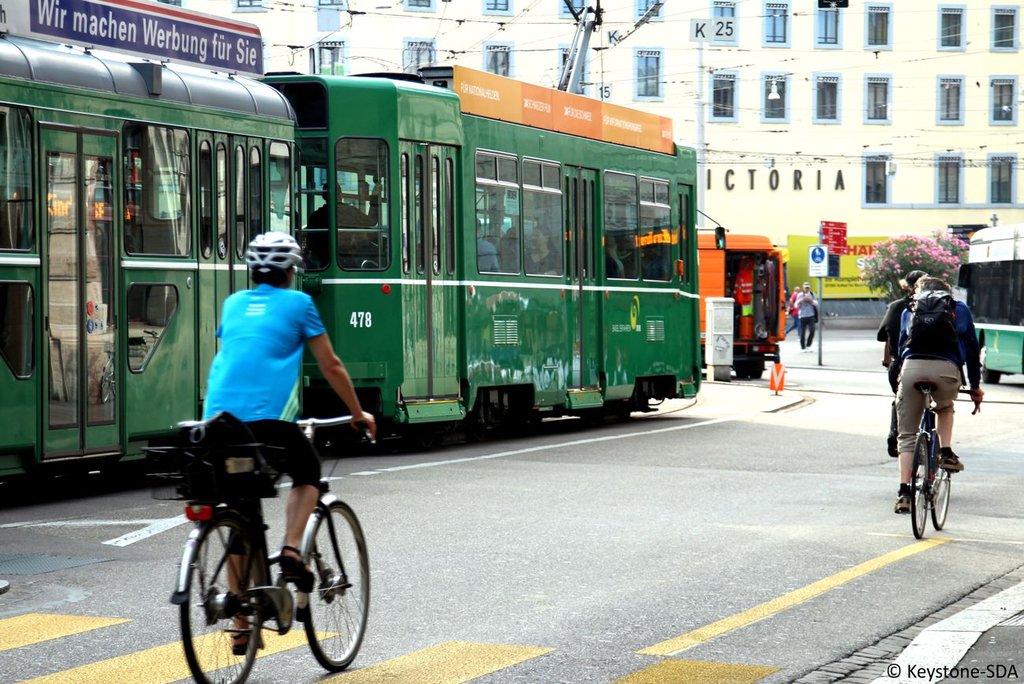Switzerland's Greenhouse Gas Emissions from 1990 to 2015
News, Environment and Climate | June 2, 2017

Being a member state of the United Nations Framework Convention on Climate Change (UNFCCC), Switzerland has committed to annually disclose the figures on its greenhouse gas emissions. The current report shows: In comparison to 1990, the annual greenhouse gas emissions today have, on average, been reduced.




